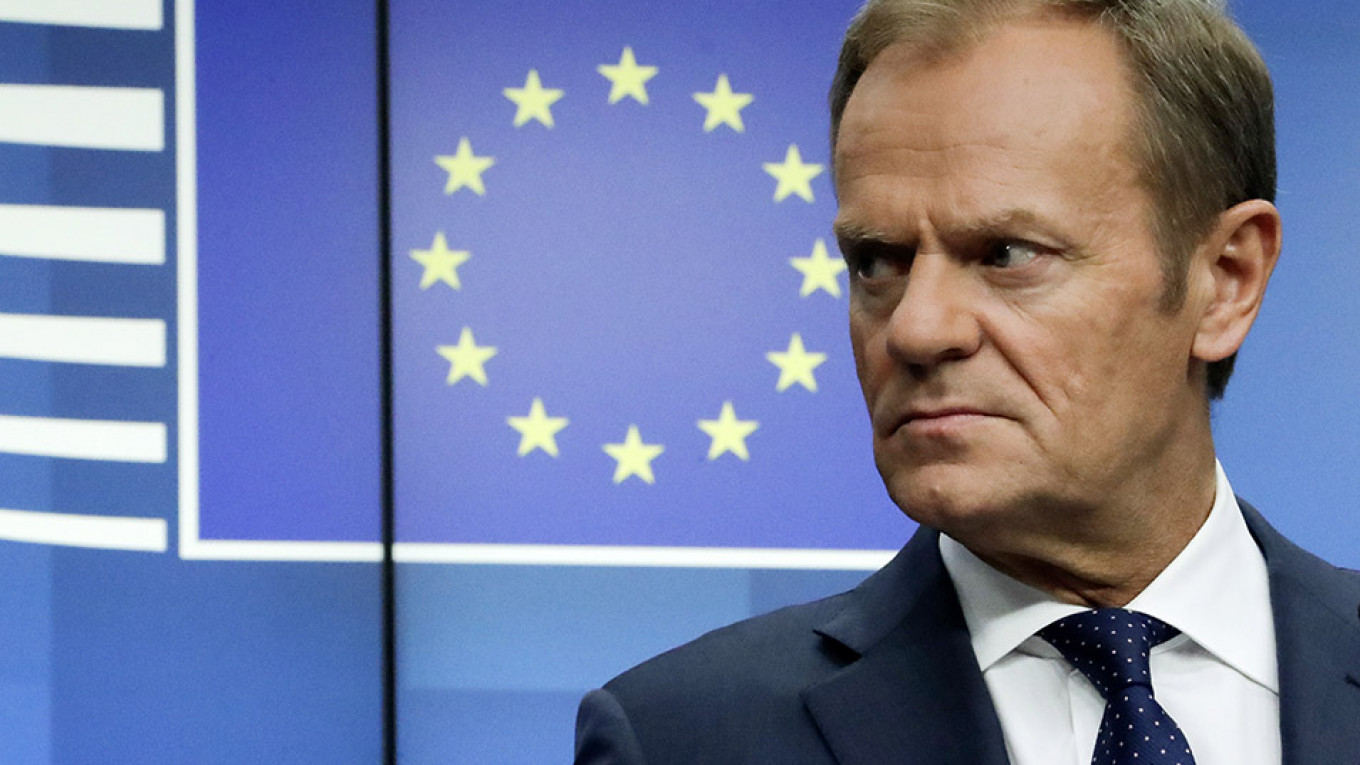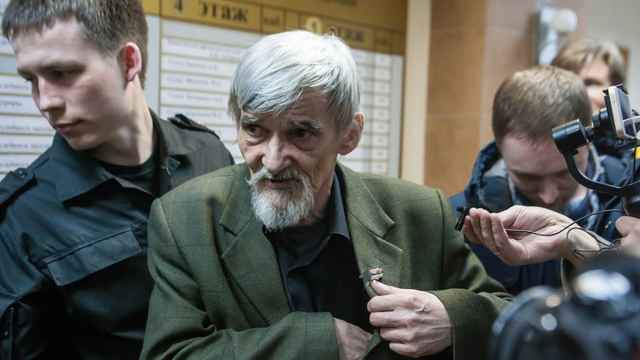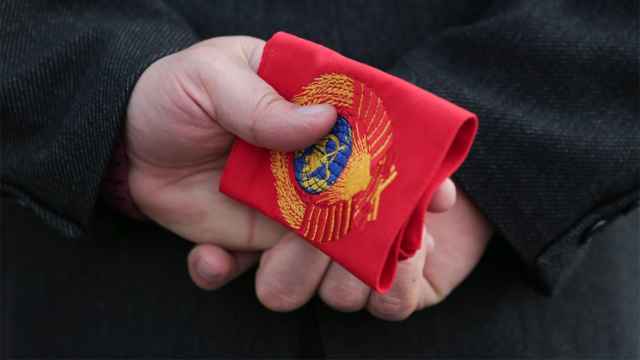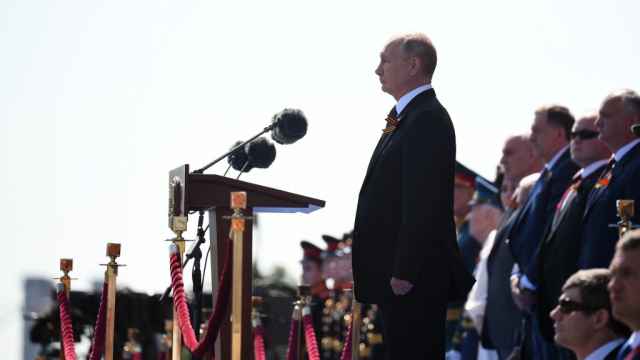This year marks thirty years since the fall of communist states in eastern Europe. In late December, it will be the twenty-eighth anniversary to the dissolution of the Soviet Union. It’s been over a quarter-century since the end of Soviet communism, yet the Soviet Union still weighs on the brains of the living.
I was reminded of the Soviet phantasm after reading European Council President Donald Tusk’s recent speech at the Batumi International Conference and subsequent tweet. Tusk said, “Today in Georgia I want to say loud and clear: The collapse of the Soviet Union was a blessing to Georgians, Poles, Ukrainians as well as to the whole of Central and Eastern Europe. And I’m convinced that also to Russians.” Tusk’s comment was in response to Putin’s 2005 statement that the collapse of the U.S.S.R. was the greatest catastrophe of the 20th century.
As William Faulkner once wrote, “The past is never dead. It's not even past.”
Tusk’s comment caused a flurry on social media over the memory of the U.S.S.R. and the present nature of the European Union. The Soviet apparition has a peculiar place in the arguments EU partisans and adversaries conjure. For the EU’s defenders, the Soviet bloc (and Russia generally) serves as the darkness to the EU’s light, while for detractors, particularly on the political right, the U.S.S.R. sheds light on the EU’s darkness.
Last October, for example, U.K. Foreign Secretary Jeremy Hunt provoked outrage when he compared the EU to a prison like the Soviet Union. Tusk in concert with many other European officials called the comment as "unwise as it is insulting.” He added: “The Soviet Union was about prisons and gulags, borders and walls, violence against citizens and neighbors.
The European Union is about freedom and human rights, prosperity and peace, life without fear; it is about democracy and pluralism, a continent without internal borders and walls.” As “someone who spent half of my life in the Soviet bloc,” Tusk emphasized, “I know what I am talking about.”
The specter of the Soviet Union usually appears as an expression of nostalgia. We see nostalgia for the U.S.S.R. spoken in affective terms — a memory of past relations, tastes, smells, sounds and sights of the Soviet past. Soviet nostalgia is often derided as the folly of homo sovieticus or indicative of a creeping Russian revanchism.
But expressions of Soviet nostalgia aren’t so simple. Rather, they seek to complicate, if not rescue, personal experiences and memories from being solely defined by Soviet authoritarianism.
The place of the Soviet Union in the EU debate is not nostalgia per se, if, as the Slavic critic Svetlana Boym wrote, nostalgia is “a longing for a home that no longer exists or has never existed.”
However, it’s not totally divorced from nostalgia either. In the EU debate, the Soviet Union serves as a form of anti-nostalgia. It’s a total rejection of a past without overcoming it. Like the nostalgic, the anti-nostalgic also has, in Boym’s words, “a romance with the fantasy of the past.” Reducing the Soviet Union to “prisons and gulags” flattens the complexities of Soviet life.
But why does the Soviet Union continue to play this spectral role?
It’s not odd that the U.S.S.R. still bedevils Tusk. He, after all, was reared in communist Poland and cut his political teeth in Solidarity. The Esbecja harassed, arrested, and jailed him for his political activities. For European liberals and conservatives of Tusk’s generation, anti-communism was formative in shaping their political and personal identity. Hence, Tusk’s need to remind us, “I know what I am talking about.”
The Soviet specter serves another purpose. The communist phantom is a reminder of the good old days when liberal democracy was in an existential, global struggle with its antithesis. But the demise of Soviet communism as a victory of liberal democracy is wearing thin thirty years on. Liberal democracy lacks a worthy antipode to reflect its grandeur. Liberal democracy’s ideological providence needs a righteous foe to sublimate its own internal contradictions.
Tusk can declare, as he did to Vladimir Putin’s “liberalism is obsolete” comment, that “What I find really obsolete are: authoritarianism, personality cults, the rule of oligarchs.” But are they really when they are increasingly manifest in the bastions of liberal democracy? The compulsion to repeatedly stress that liberal democracy is a core European value is an overcompensation for its present fragility. Even Tusk qualified his rebuke of Putin with, “Even if sometimes [authoritarianism, personality cults, the rule of oligarchs] may seem effective.”
When Tusk called the collapse of the Soviet Union a blessing he was engaging in his own form of nostalgia. A romance with a fantasy of a past where the EU and liberal democracy broadly offered a bright future for Central and Eastern Europeans, and Russians too. Thirty-years dead the Soviet bogeyman has lost much of its horror, and conjuring it will do little to strengthen liberal democracy’s appeal or rekindle its progressive promise in the face of the EU’s actually existing conditions.
A Message from The Moscow Times:
Dear readers,
We are facing unprecedented challenges. Russia's Prosecutor General's Office has designated The Moscow Times as an "undesirable" organization, criminalizing our work and putting our staff at risk of prosecution. This follows our earlier unjust labeling as a "foreign agent."
These actions are direct attempts to silence independent journalism in Russia. The authorities claim our work "discredits the decisions of the Russian leadership." We see things differently: we strive to provide accurate, unbiased reporting on Russia.
We, the journalists of The Moscow Times, refuse to be silenced. But to continue our work, we need your help.
Your support, no matter how small, makes a world of difference. If you can, please support us monthly starting from just $2. It's quick to set up, and every contribution makes a significant impact.
By supporting The Moscow Times, you're defending open, independent journalism in the face of repression. Thank you for standing with us.
Remind me later.








